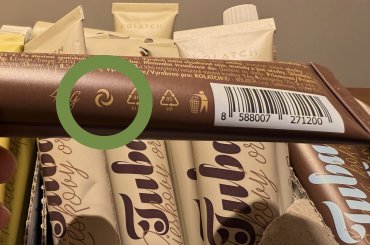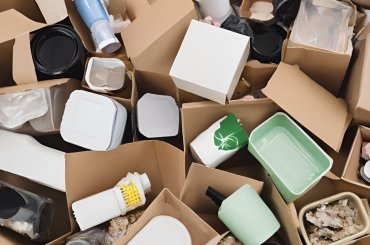On 24 April 2024 the European Parliament confirmed the preliminary agreement on the new regulation concerning packaging and packaging waste. It is expected that as soon as this proposal passes the final approval steps it would enter in force by the autumn 2024.
The regulation aims to reduce the negative environmental impacts of the packaging segment – to diminish the amount of packaging placed on the market, to increase packaging reuse and to support recycling to a maximum extent. The regulation comprises also the proposal of measures for reduction of certain packaging types, e.g. the single-use plastic packaging and food wrapping in the HORECA system (plates, cups, milk for coffee, sauces ...), as well as prohibition of use of so called eternal chemicals in food packaging.
The producers and distributers will need to upgrade their packaging in order to comply with the strictly adjusted criteria proposed by the regulation. All packaging will have to be recyclable (according to the specified rate). If they are less than 70% recyclable, they cannot be marketed. Moreover, certain specific packaging will have to be compostable, e.g. tea bags or fruit stickers. The content of recycled content in plastic packaging should also be mandatory - up to 65 % in some cases. Free spaces in transport, group and e-commerce packaging shall be limited. High importance is given also to reusable packaging, including the support of the use of own packaging in the take-away sector.
Great expectations are also set on ecomodulation as an effective economical tool for stimulation of more sustainable packaging concept, with an emphasis to recyclability. However, the amount of fees will not be stipulated by the regulation.
Packaging labeling received also a considerable attention, as the proponents expect unified labeling throughout the EU, i.e. simplified separation by the end-user and increased recycling rates.
The regulation amends also the Directive No. 2019/904/EC of the European Parliament and of the Council on the reduction of the impact of certain plastic products on the environment (so called SUP Directive), where for example marketing prohibition of food containers, beverage packaging and cups made of extruded polystyrene (XPS) is introduced.
These steps represent an answer to the increasing volumes of packaging waste in the EU, and they are aimed at building of more sustainable future in the sector of waste management.


